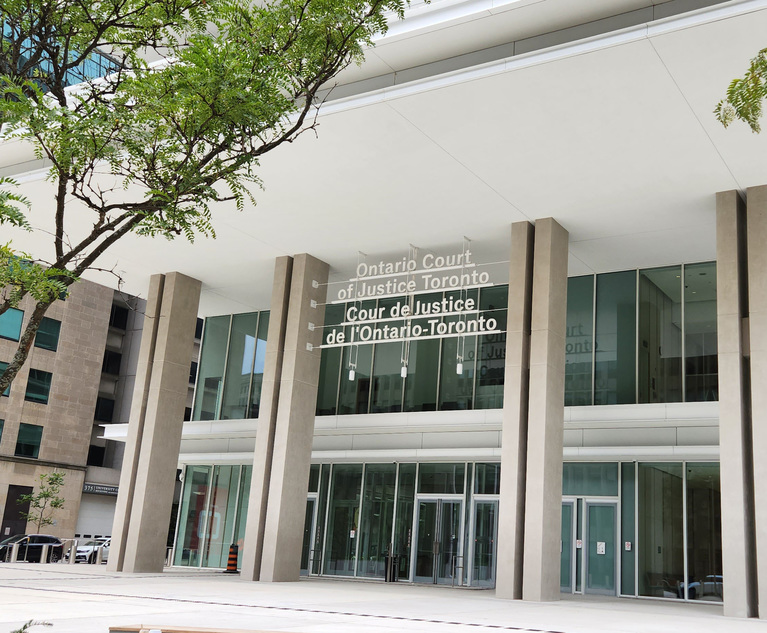Google and the government of Canada announced Wednesday that they had reached a 100 million Canadian dollar agreement over a contentious online news law that had threatened to remove Canadian news from the tech giant’s search, news and discover products.
The deal follows weeks of discussions with Google, Canadian Heritage Minister Pascale St-Onge said in a statement.
Canada agreed to address Google’s core issues with Bill C-18, the official name of the Online News Act. These included the “need for a streamlined path to an exemption at a clear commitment threshold,” Kent Walker, president of global affairs for Google and Alphabet, said in a blog post.
While Google works out the details with the government it “will continue sending valuable traffic to Canadian publishers,” said Walker.
Designed to shore up Canada’s beleaguered journalism business, the Online News Act became law in June and required online platforms to negotiate payment deals with news outlets for posting articles or links to their work, or face financial penalties. The government has said 474 Canadian news businesses closed between 2008 and 2023.
The legislation applies to digital platforms with 20 million unique monthly users and annual revenues of $1 billion, which only applies to Meta and Google. Meta has been blocking Canadian news for Facebook and Instagram users since the summer and has not been in talks with the government.
Google had previously said it would start removing Canadian news from its search engine by Dec. 19, when the new act and its regulations come into effect.
As part of the framework announced Wednesday, Google agreed to inject $100 million annually, indexed to inflation, into the industry, including independent, Indigenous and Francophone language news businesses. That number is well below the $172 million the Heritage Department proposed in regulations released earlier this year.
And rather than being forced into mandatory negotiations with individual media organizations, Google will now have the option to work with a single collective to distribute its contribution to all interested eligible news businesses, allowing the company to limit arbitration risk.
The government said Google also indicated it will continue to make training, tools and resources for business development, and support for nonprofit journalism projects, available to Canadian news outlets.
St-Onge, who in July replaced predecessor Pablo Rodriguez in the battle with Big Tech, said the agreement will help create a sustainable news ecosystem in Canada that will drive civic engagement and counter the rise of disinformation.










